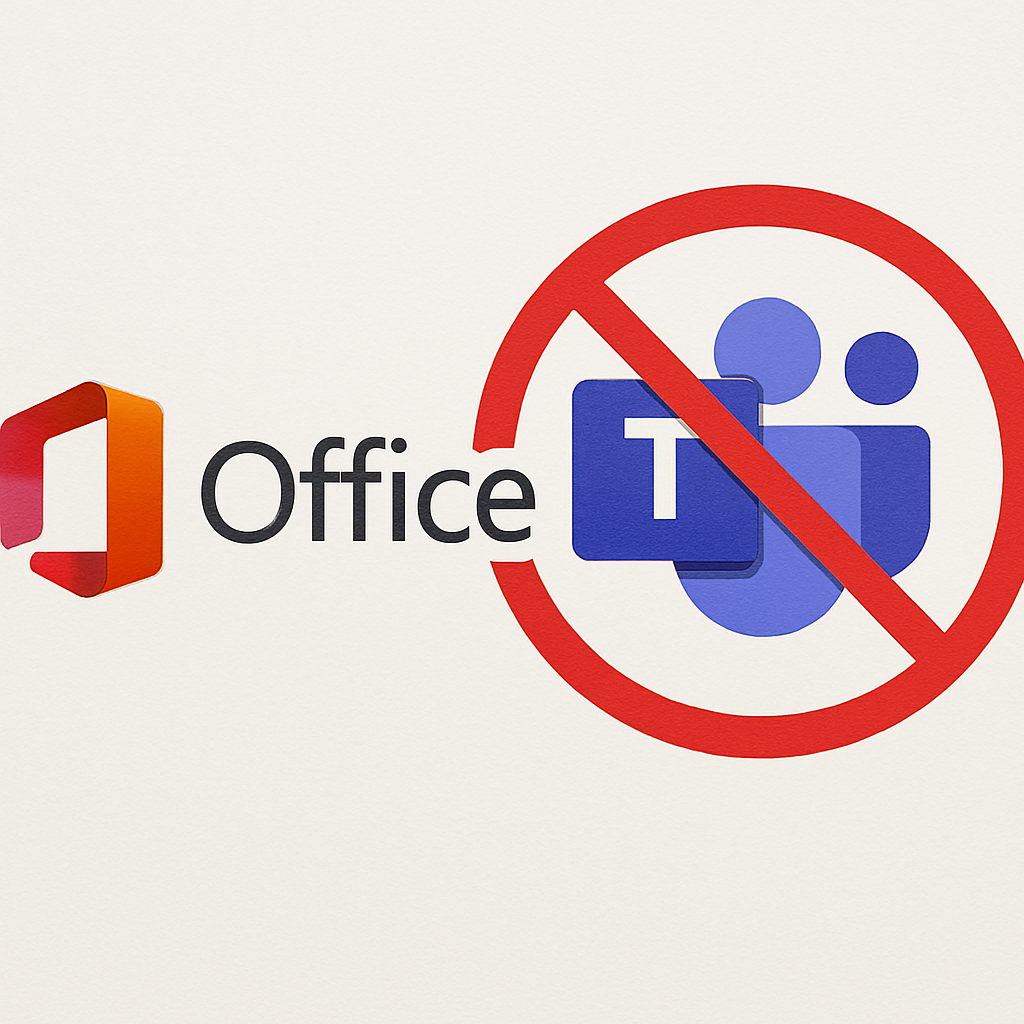Microsoft avoids a fine from the EU by separating Teams from Office.
Microsoft has evaded a fine from the EU after the US technology company proposed concessions regarding the bundling of its Teams and Office products, thereby concluding a prolonged antitrust investigation conducted by the bloc's regulators.

Microsoft has successfully evaded a fine from the EU after the American technology company proposed concessions regarding the packaging of its Teams and Office products, thereby concluding a prolonged antitrust investigation conducted by the bloc’s regulators.
The investigation commenced following a complaint lodged in 2020 by Slack, which is now a part of Salesforce, alleging that Microsoft was exploiting its market dominance by bundling its video conferencing tool with its extensively utilized suite of productivity applications.
Since the original complaint, Microsoft has separated Teams from Office 365 within the EU; however, critics have argued that the modifications were insufficiently broad.
In May, the $3.7 trillion software behemoth committed to concessions, including maintaining the separation of Teams and Office for a duration of seven years.
Following a market assessment, Microsoft has made further commitments, such as providing additional information regarding “interoperability,” which refers to the capability of using its products alongside those created by competitors.
“These commitments enhance competition in the vital market for videoconferencing and collaboration software,” remarked Teresa Ribera, the EU’s competition chief, during a competition conference held in Italy.
Nanna-Louise Linde, Microsoft’s vice-president of European government affairs, expressed that the company appreciated “the dialogue with the commission that resulted in this agreement, and we now focus on implementing these new obligations promptly and comprehensively.”
This development arises amidst escalating tensions between the EU and President Donald Trump concerning the regulation of major US technology firms. Following the EU's imposition of a multibillion-dollar fine on Google earlier this month, Trump has intensified threats to impose additional tariffs on Europe.
Ribera indicated that while EU regulators would persist in enforcing stringent measures, such as substantial fines, they would also adopt a “soft” approach to achieve agreements that could resolve antitrust conflicts.
“This decision illustrates that our soft enforcement strategy can be particularly significant in digital markets, where innovative products and integration strategies frequently test the limits of regulation,” she stated.